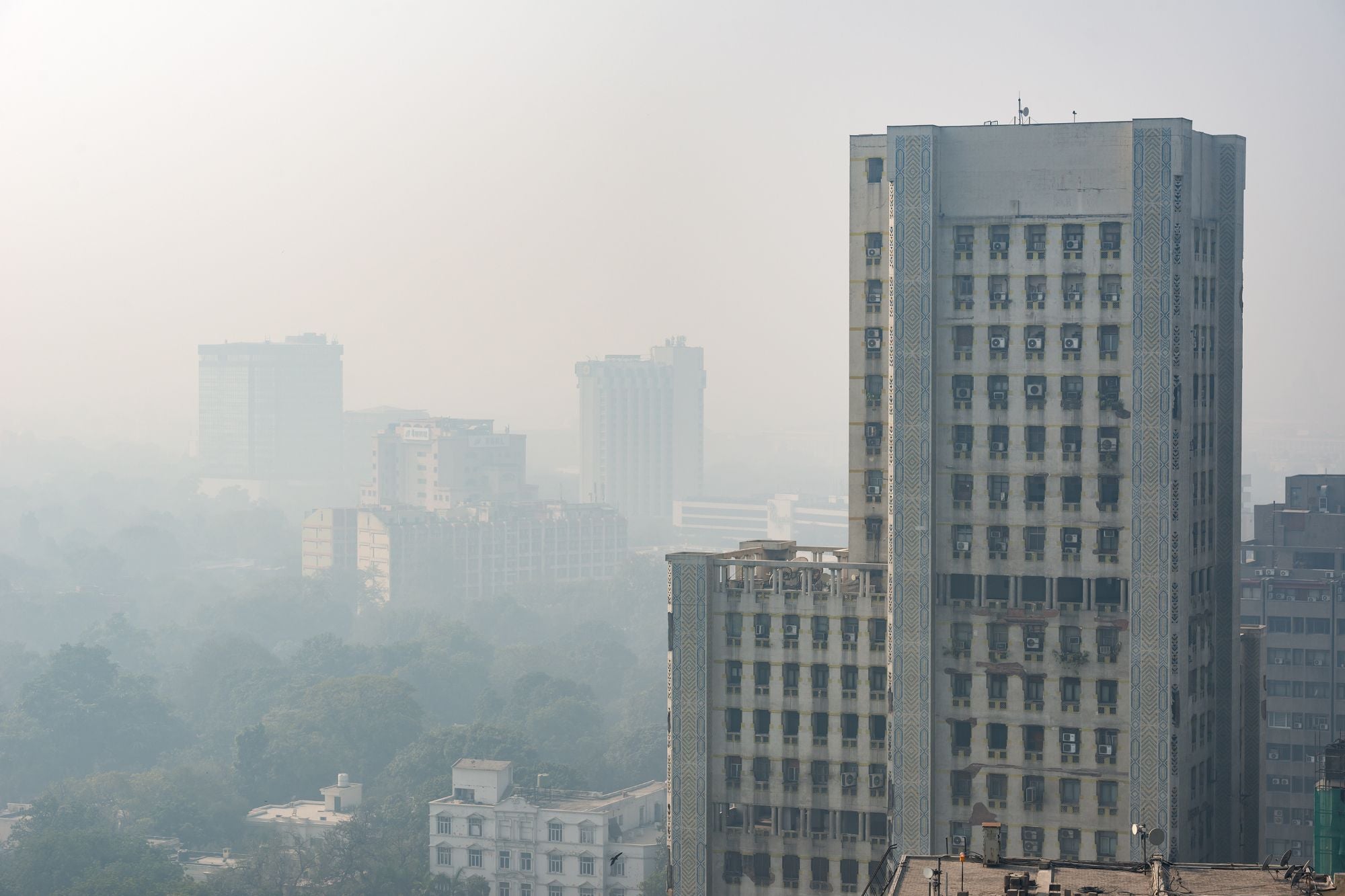Is Your Baby Breathing Toxic Air? Infants living in areas with high pollution levels show a greater risk of mortality during the first year of life, particularly from respiratory causes.
Opinions expressed by Entrepreneur contributors are their own.
You're reading Entrepreneur India, an international franchise of Entrepreneur Media.

Early childhood is the most critical period for the development of key biological systems such as the brain, lungs and the immune system. Airborne toxins are a serious threat at this stage, potentially impairing lung function and neurodevelopment, and intensifying conditions such as asthma. Premature babies are particularly vulnerable to environmental stresses.
The potentially high mortality caused by air pollution is well understood already. Very small particulate matter is capable of entering the human respiratory tract. That is why infants living in areas with high pollution levels show a greater risk of mortality during the first year of life, particularly from respiratory causes.
Every year, millions are affected by breathing toxic air. As air quality worsens, so does our health. Babies bear the brunt of it, often leading to lifelong health issues. They are taking in toxic matter such as hydrogen chloride, benzene or toluene, dioxin, among others. It is the parents' responsibility to be aware of their surroundings and to keep their children safe.
For babies, precautions should be taken much before they are even born. Air pollution can affect brain development, damage brain tissue and even limit cognitive development. Exposure to air pollution should be avoided when a woman is pregnant since it could result in premature births and low birth weight.
Whilst babies are more active than adults, they breathe more air per unit of body weight than adults. Sometimes, their bodies are less able to metabolise, detoxify and excrete air pollutants. New-borns are also more susceptible to household air pollution that regularly involves use of fuels and technologies for cooking, heating and lighting.
The use of air purifiers can eliminate the toxins in the air and act as a tool to protect babies. An air purifier with the correct filter can help contain diaper odour or allergens and dust. Babies can be kept safe from respiratory conditions such as bronchitis and asthma.
How to protect your baby
Keep babies homebound: It is highly advisable to keep babies at home and not take them out unless necessary—check-ups, for instance.
Avoid the use of air fresheners: Air fresheners emit toxic chemicals in the air that can harm your children by triggering symptoms such as itching or rashes. It should be kept away from new-borns.
Keep babies active and healthy: Active babies have less resistance to unhealthy air. Also, ensure that the child is vaccinated on time in order to prevent other diseases.
Keep the home clean: As outdoor pollutants enter the home, it is necessary to keep the house germ-free. Using vacuum cleaners is a good way to clear dust particles and germs that have collected in the house.
Pet allergies: Pet dander or pet hair shedding are often allergy triggers for new-borns, so sterilizing the home regularly with vacuum cleaners and installing air purifiers with that can filter out dust, pollen, mould and other particles as minute as 0.3 microns in size should be kept in mind.










